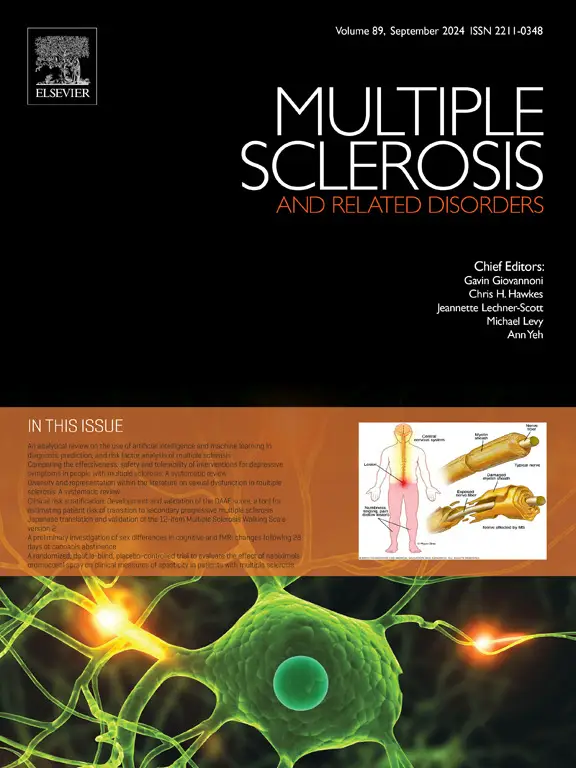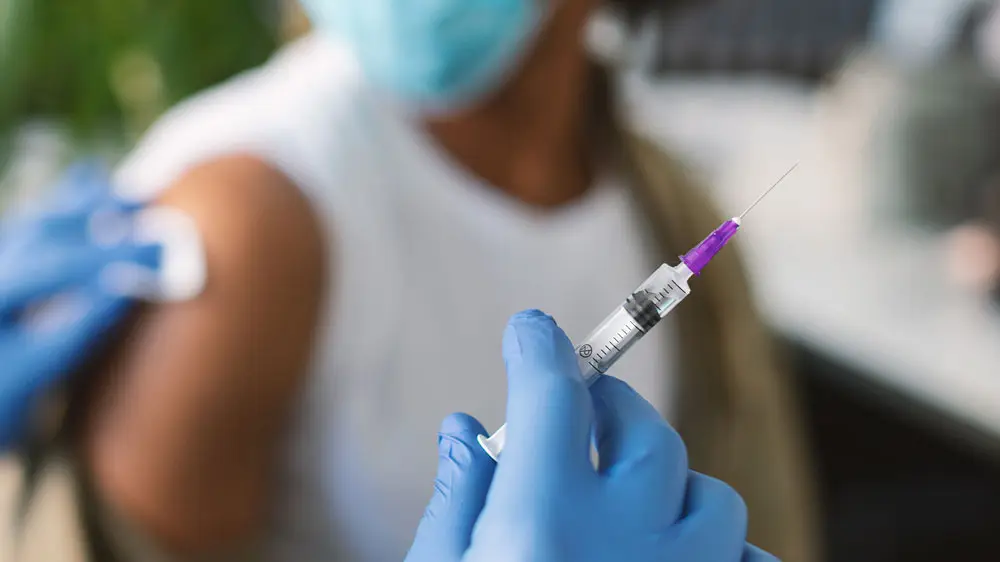In a recent study published in the journal Multiple Sclerosis and Related Disorders researchers examined the risk of relapse in patients with multiple sclerosis (MS) and neuromyelitis optica (NMOSD) after vaccination against COVID-19 and after experiencing COVID-19. The study looked at data from the Czech national ReMuS registry and showed a slight increase in relapse rates after vaccination as well as after COVID-19 infection. The results highlight the need to consider the risks of vaccination in the context of the overall risks associated with COVID-19.

Stastna, D., Menkyova, I., Drahota, J., Hrnciarova, T., Kubala Havrdova, E., Vachova, M., Andelova, M., Kleinova, P., Kovarova, I., Krasulova, E., Preiningerova, J. L., Novakova, I., Novotna, K., Novotna, M., Nytrova, P., Pavlickova, J., Srpova, B., Storey, K., Ticha, V., Tyblova, M., Uher, T., Vodehnalova, K., Horakova, D. (2022). To be or not to be vaccinated: The risk of MS or NMOSD relapse after COVID-19 vaccination and infection. And Multiple Sclerosis and Related Disorders (Vol. 65, p. 104014). Elsevier BV. https://doi.org/10.1016/j.msard.2022.104014 PMID: 35803085
Abstract
Introduction: It is thought that COVID-19 vaccination and infection are speculated increase the activity of immune-mediated diseases, including multiple sclerosis (MS) and neuromyelitis optica (NMOSD). The aim of this study was to evaluate the short-term risk of relapse after COVID-19 vaccination and COVID-19 infection in patients with these demyelinating disorders of the central nervous system and to identify risk factors for disease exacerbation.
Methods: Data in this retrospective observational cohort study was collected through the Czech national ReMuS registry from 1 March 2020 to 30 October 2021. We compared the proportion of patients with at least one clinical relapse in the 90 days after vaccination or infection with the 90 days in the year before. To assess risk factors for relapse, comparisons were made between groups with and without relapses after COVID-19 vaccination or infection.
Results: We identified 1,661 vaccinated (90.11 % BNT162b2) MS patients with no history of COVID-19 and 495 unvaccinated MS patients who had experienced COVID-19. There was a slight increase in the proportion of patients with at least one clinical relapse after vaccination in MS patients, as well as an increase in the proportion of patients with at least one clinical relapse after experiencing COVID-19. Lower age was associated with MS relapse after vaccination or infection. Although only 17 patients were vaccinated and 8 patients had NMOSD after undergoing COVID-19, the results were generally consistent with those for MS patients.
Conclusion: There is a slight increase in the incidence of relapses after vaccination against COVID-19. However, the risks need to be balanced against the risks of COVID-19 itself, which also leads to an increase in relapse rates and, in particular, morbidity and mortality.
You can read the full article in English on the magazine's website Multiple Sclerosis and Related Disorders.

